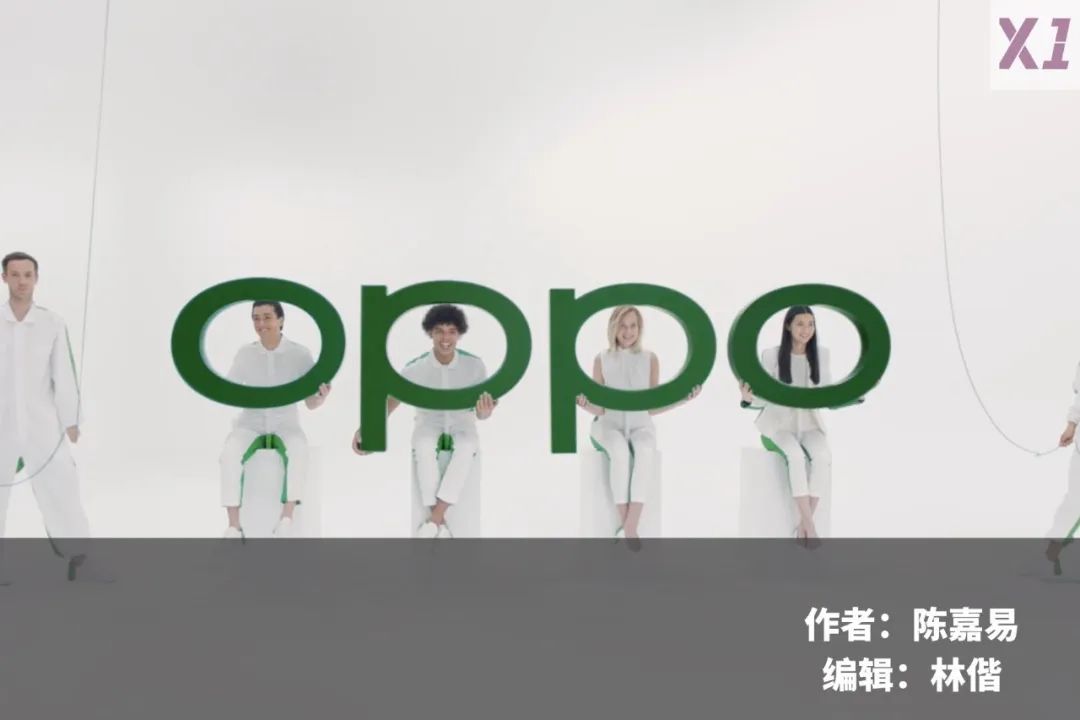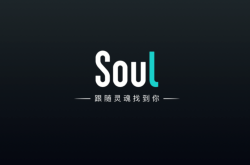Reform Comes to an End, OPPO Gradually Dismisses Huawei Employees
![]() 07/16 2024
07/16 2024
![]() 559
559

Exclusive column of Xinliu, interspersed with major manufacturers, directly hitting the "explosive" news points, and gaining insights into new industry trends from authoritative and exclusive front-line voices.
Abstract: In the second half of last year, OPPO's "Huawei-style channel reform" gradually came to an end, with the subsequent result being the dismissal of Huawei employees from various agent companies and factories nationwide.
The underlying reason is that the "big customer model" under Huawei-style reform conflicts greatly with OPPO's existing secondary dealer model, which, in turn, has a "revolutionary friendship" that dates back to the Duan Yongping era, when money was sent to the factory facing bankruptcy. Based on this, the reform was difficult to carry out thoroughly.
In addition, Huawei employees often need to form a Huawei-based team within OPPO to truly play their role, which is quite different from the style of OPPO employees.
After the reform, OPPO's strategy this year is to maintain profits. Meanwhile, starting from last year, OPPO has begun dispatching staff to Brazil, preparing to expand its presence there.
Below is the main text:
According to insiders, starting from last year, OPPO has dismissed a large number of Huawei employees from various agent companies nationwide.
By the end of last year, all Huawei employees within the factory system had been dismissed.
01
Dual Reasons for Dismissal of Huawei Employees
It is worth noting that the superficial reasons for dismissal include irregular reimbursement and leave applications.
Last year, there was an OA vulnerability within OPPO—internal employees only needed to submit OA to their immediate superior for reimbursement and leave applications. As a result, some employees were able to achieve irregular reimbursement and leave through cooperation between superiors and subordinates. Both OPPO veterans and Huawei employees took advantage of this system vulnerability, involving amounts ranging from tens of yuan upwards.
In fact, this is not an uncommon situation in many companies' system approvals. Although the company has clear systems in place, superiors and subordinates often only need to be aware of taxi rides, overtime, and leave applications, and many superiors do not insist on too detailed supporting materials.
Starting from the middle of last year, OPPO conducted an internal self-examination, asking each involved employee to confess and indicate how much money they had taken from the company and how many reimbursements had been made through irregular channels.
According to human resources sources, a large number of Huawei employees were dismissed during this self-examination, while OPPO veterans received relatively fewer penalties, not because there were fewer involved OPPO veterans, but because the penalties were relatively lighter.
For example, a former Huawei employee had only one irregular reimbursement of a few dozen yuan but was required to write a self-criticism letter and make a public apology, detailing the specifics and amount of their involvement. Currently, this employee is no longer working at OPPO.
An industry insider said that some employees involved in larger amounts took taxis about 60-70 times per month, costing roughly 50 yuan per trip, totalling over 3,000 yuan per month. Punishing them in this way is actually quite strict, and it is inherent to the design flaw of the company's OA system.
An insider close to OPPO revealed more information. Essentially, after OPPO's "Huawei-style channel reform" achieved little success, dismissing Huawei employees has become an internal trend. It can be said that the mass exodus of these Huawei employees is actually a purposeful dismissal by the company under the guise of a legitimate reason.
The years after 2019 were when OPPO recruited a large number of "Huawei employees" with the aim of learning Huawei's channel system—the big customer model, using provincial branches to cover national dealers, strengthening coordination, and improving efficiency to ensure profits.
In comparison, OPPO had a large number of prefectural and township agents at the time, with overly lengthy distribution channels from top to bottom, making it difficult to streamline. Based on this, OPPO attempted to recruit more "Huawei employees" to implement the same Huawei-style channel reform.
At that time, OPPO recruited many Huawei operators at the agent level and also absorbed some Huawei employees into its strategy and product departments.
However, this reform had significant issues from the results.
02
Secondary Dealers Are Strongly Vocal "Revolutionary Comrades"
A major problem is that the introduced big customer model conflicts with the interests of the previous secondary dealer system, but the latter's interests cannot be drastically cut, making the reform awkward and incomplete.
Once big customers scale up, they can distribute products themselves, creating competition with OPPO's secondary dealers. For example, big customers only want to take goods and make money, but they also face penalties for cross-regional sales. Over time, big customers will find OPPO's system too cumbersome and unable to resolve the issue of excessive discourse power among secondary dealers, which is a significant factor constraining OPPO's reform and development.
Secondary dealers have always been an essential part of OPPO, permeating the company's development genes.
According to insiders, during the early days of BBK, there was a period when the capital chain broke and the company faced bankruptcy. A large number of dealers drove to the factory to offer money. Provincial agents from Henan and Hebei even took stacks of cash to find Duan Yongping, a bond that Duan Yongping will never forget. Since then, the relationship between Duan Yongping and dealers has been excellent.
Based on this, OPPO's channel system can be described as a "feudal system," with each provincial dealer having significant authority and resources locally, making it difficult to thoroughly implement Huawei-style channel reforms. For more on OPPO's reform burden, refer to our previous article, "Market Contraction, OPPO Fights to the Last."
In addition, top-down management across provinces is actually relatively inefficient.
For example, due to early territorial division, OPPO has four dealers in Guangdong, divided into eastern, western, northern, and southern Guangdong. Inevitably, the dealers consider each other's interests. Previously, Shenzhen and Guangzhou wanted to build a warehouse in Dongguan to integrate everything and speed up logistics, but the agents competed for warehouse management rights, and the matter eventually stalled, with goods still being distributed as before.
Although the "uneven distribution" mindset balanced the interests of each party, the overall system faced the "oligopoly" problem of difficulty in improving efficiency.
03
Cultural Conflict between Huawei and OPPO Employees
An interesting reality is that there is a significant difference in the genetic makeup of Huawei and OPPO employees.
For example, an insider close to OPPO summarized that when Huawei employees join OPPO, their priority is to form a "Huawei-based team" rather than think about specific products or marketing strategies. In contrast, OPPO employees tend to focus on work first, not thinking too much about other things, and gradually build their team through the work process.
As such, OPPO employees are more likely to become part of the environment, while Huawei employees stand out distinctly.
Therefore, there are actually cultural conflicts between the two in terms of compatibility.
A channel insider said that a notable feature of most of OPPO's agency systems is that cultural identity trumps ability recognition. An employee must first have good character, and after their ability, effort, and attitude are witnessed within the system and recognized, they will have unlimited opportunities. If not recognized, no matter how capable they are, it will be in vain. Based on their different styles, it is difficult for Huawei and OPPO employees to mutually recognize each other, and correspondingly, they cannot achieve a 1+1>2 effect.
Based on this, the "Huawei-style channel reform" that began in 2019 gradually came to an end last year. According to previous research by Xinliu Think Tank, OPPO's main goal this year is to maintain profits. For detailed strategies, see "Under Pressure, OPPO Chooses Stability This Year, Targeting Transsion in Overseas Markets."
It is worth noting that OPPO is currently attracted to the Brazilian market. According to insiders, OPPO has begun dispatching staff to Brazil since the beginning of last year, preparing to expand its presence there.
A notable difference from the domestic system is that OPPO adopts a national agency model in the Brazilian market, with a more streamlined and unified system, resulting in higher execution efficiency.





